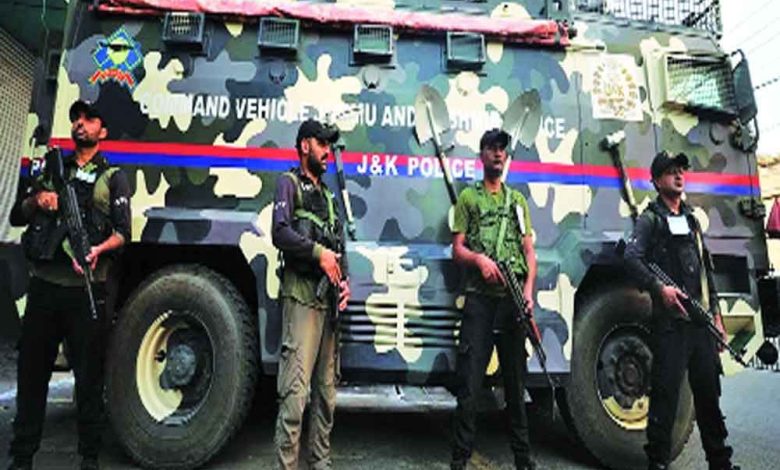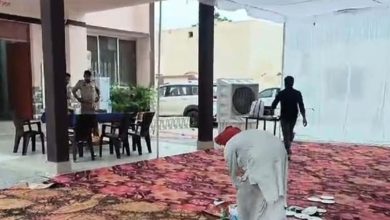UAPA: Supported the controversial decision and said Alam’s allegations are false

In a major order, the UAPA court ruled that calling for a plebiscite in Jammu and Kashmir or upholding the “right to self-determination” is a separatist activity and an offence under the anti-terror law. This was stated by the UAPA court in a 148-page judgment on June 22 while upholding the ban on Masrat Alam’s terror outfit Jammu Kashmir Muslim League (Masrat Alam faction). The Centre had banned the organisation in December last year and Alam is lodged in Delhi’s Tihar jail. Alam’s organisation challenged the ban in court, saying it was only fighting for the self-determination of the people and Jammu and Kashmir and a plebiscite in accordance with the 1948 UN resolutions. However, the UAPA court rejected this argument. The court has ruled that no one can take refuge behind the 1948 UN resolutions, as the said UN resolutions have been found to be “peculiarly historical contextual and susceptible to different interpretations”. The order further stated that India’s sovereignty and territorial integrity are inviolable and cannot be made inviolable “under the guise of any demand for a so-called plebiscite”. The judgment also stated that the claim that the peculiar background or circumstances of Kashmir legitimise Alam’s above-mentioned objects or actions “cannot be accepted”.
For decades, most separatist leaders of Jammu and Kashmir, such as the late Syed Ali Shah Geelani, have justified their activities by the issue of plebiscite and self-determination in Jammu and Kashmir. However, the Home Ministry told the court that the only natural consequence of the demand for plebiscite is the separation of the territory of Jammu and Kashmir from India through a plebiscite so that it can be merged with Pakistan. The Centre said that the defence of the “right to self-determination” is nothing more than a camouflage and sham to protect separatism and the termination of the Union Territory of India, the judgment said. Court draws red line The Centre cited the chargesheets filed by the NIA which clearly mention the speeches and slogans raised by Masrat Alam in defence of the merger of Kashmir region with Pakistan. Relying on the same, the Court said that the demand for so-called plebiscite is nothing but a tool or mechanism to undermine the territorial integrity of India and encourage secession of part of the territory of India. “An attempt by the Association to legitimise it cannot be tolerated by law.
Furthermore, the opinions expressed by authors/political personalities in the years immediately following independence cannot provide any legal basis for the promotion of separatism,” the judgment said. It is also unacceptable for the Association to take refuge in the UN resolutions of 1948 or any international treaty etc. to carry out its illegal activities, the Court said. “This UN resolution is found in a specific historical context and is susceptible to different interpretations. However, it has been judicially recognised that the sovereignty, unity and territorial integrity of India are inviolable and are a basic feature of the Indian Constitution,” the judgment said. The Centre told the court that if Alam’s organisation had intended to bring about political reform in the territory of Jammu and Kashmir while it was part of India, it would not have advocated a plebiscite under the UNCIP. “Since the territory of Jammu and Kashmir is an integral part of India under Article 1 read with Schedule I of the Indian Constitution, the only natural consequence of the demand for a plebiscite is the separation of the territory of Jammu and Kashmir from India by plebiscite so that it may merge with Pakistan,” the Centre said in an affidavit before the court. In its judgment, the court has made it clear that Alam’s claim that the demand for a plebiscite is not an “unlawful activity” within the meaning of Section 2(o) of the UAPA is “wholly misconceived”.





